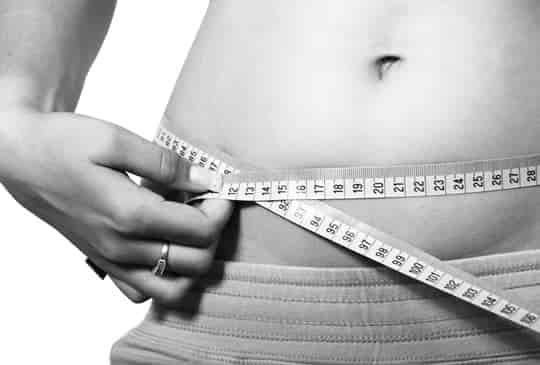People automatically consumed 500 calories less per day of these foods without even trying.
A diet high in whole foods is linked to weight loss, research finds.
Typical whole foods include fresh fruits and vegetables, eggs, grains, legumes and seeds.
People automatically ate 500 calories less per day when eating whole foods, the study showed.
Replacing processed foods with unprocessed or whole foods lowers calorie intake.
Processed foods tend to make people eat more even though these foods have exactly the same number of calories, carbs, fats, protein, and fibre as natural or unprocessed foods.
The new study found that people who eat ultra-processed foods ate more calories and put on weight than when they ate a minimally or unprocessed products.
Unprocessed or whole foods are a type of food found in its natural state without any alterations.
They include fruits and vegetables, eggs, grains, legumes, seeds, milk, fish and seafood.
Minimally processed foods are those that might be dried, cut or cooked but nothing is removed from them or added.
Ultra-processed or highly processed are the type of foods that some ingredients are added to them by food and drink manufacturers.
These include additives like high-fructose corn syrup, emulsifiers, flavouring agents, artificial colours, preservatives and hydrogenated oils.
For instance, an unprocessed breakfast would be oatmeal with walnuts, bananas and skimmed milk, while a highly processed breakfast might be made up of a bagel with cream cheese and bacon.
The study recruited a group of healthy adults who received ultra-processed or unprocessed meals for 2 weeks on each diet.
Participants, when they were on the unprocessed diet, ate about 500 calories less per day compared to when they were on the ultra-processed diet.
When they were on the unprocessed diet they lost almost (2 pounds).
But they gained weight and ate faster when they were on the ultra-processed diet.
Dr Kevin D. Hall, the study’s first author, said:
“Though we examined a small group, results from this tightly controlled experiment showed a clear and consistent difference between the two diets.
This is the first study to demonstrate causality — that ultra-processed foods cause people to eat too many calories and gain weight.”
Extra calories will add up over a period of time, leading to extra weight and then to obesity and other serious health conditions.
Dr Hall said:
“We need to figure out what specific aspect of the ultra-processed foods affected people’s eating behavior and led them to gain weight.
Research like this is an important part of understanding the role of nutrition in health and may also help people identify foods that are both nutritious and accessible — helping people stay healthy for the long term.”
The study was published in Cell Metabolism (Hall et al., 2019).

